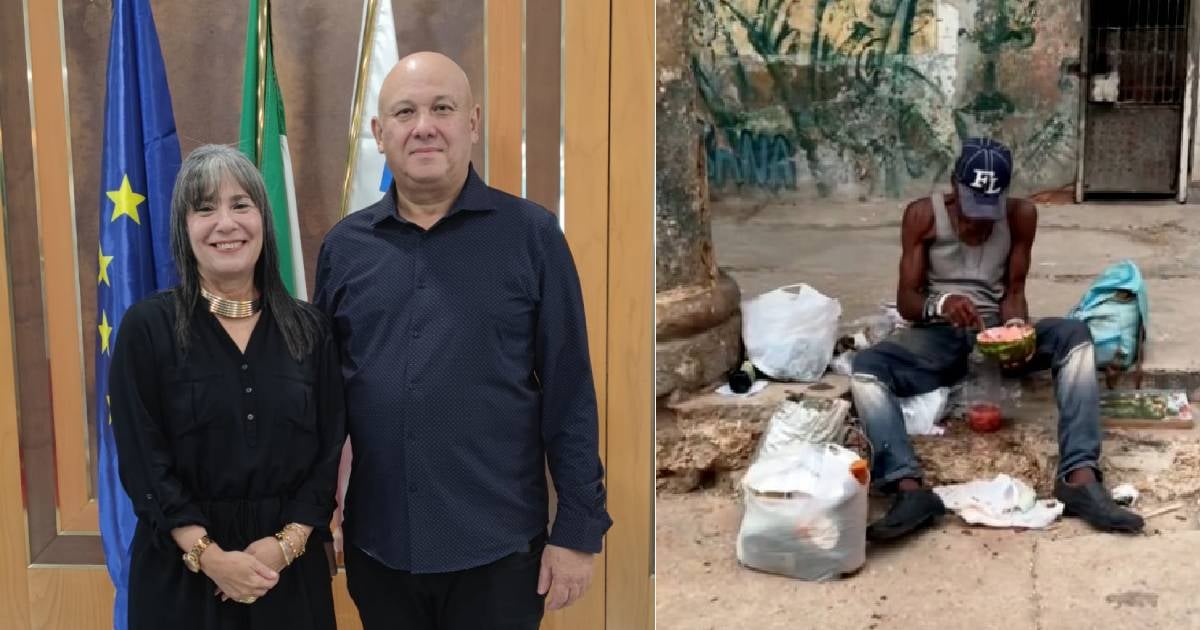The participation of Cuba's Deputy Prime Minister Jorge Luis Tapia Fonseca in the 4th World Food Forum in Rome, Italy, from this Monday until October 18th, appears to be steeped in irony. This event gathers global leaders, business figures, and food security experts, and during the forum, Tapia Fonseca is scheduled to meet with Qu Dongyu, the Director-General of the Food and Agriculture Organization (FAO), along with other officials from the International Fund for Agricultural Development and the World Food Programme (WFP), as reported by Cuba's state-run Prensa Latina.
Cuba is currently grappling with one of the most severe food access crises worldwide. In 2023, the United Nations (UN), through the World Food Programme (WFP), attributed the island's food crisis to the economic reform known as the "Tarea Ordenamiento." "This reform has yet to achieve its intended outcomes. Consequently, the scarcity of essential goods and the global rise in food prices have contributed to national inflation. The WFP will continue to monitor the reform's impact, particularly on food security in low-income households," highlighted the 2022 Country Annual Report.
In Cuba, inflation is rampant, and effective measures to halt it are lacking. This has led to a widening inequality gap caused by dual currency issues, increasing prices for basic goods and services, and leaving many households vulnerable to food insecurity. "As a result, the country experiences shortages of food, including key staples like wheat flour, rice, corn, beans, vegetables, dairy products, and meat (beef and pork)," the WFP report emphasized.
Moreover, 2023's official data on Cuban foreign trade underscored the severity of the ongoing food crisis. Many Cubans view the current socio-economic crisis as "worse" than the "Special Period" of the 1990s, largely due to limited access to food products.
Recently, the Cuban Observatory for Human Rights (OCDH) released the 2024 Seventh Report on the State of Social Rights in Cuba, revealing stark insights into Cuba's reality. The NGO highlighted that "89% of Cuban families are living in extreme poverty," up one percentage point from last year and 13% higher than in 2022.
Among its most significant findings is the fact that "7 out of 10 Cubans have skipped breakfast, lunch, or dinner due to a lack of money or food shortages." Additionally, "only 15% of Cubans have managed to have three meals a day uninterrupted," illustrating the harsh inflationary crisis gripping the island.
